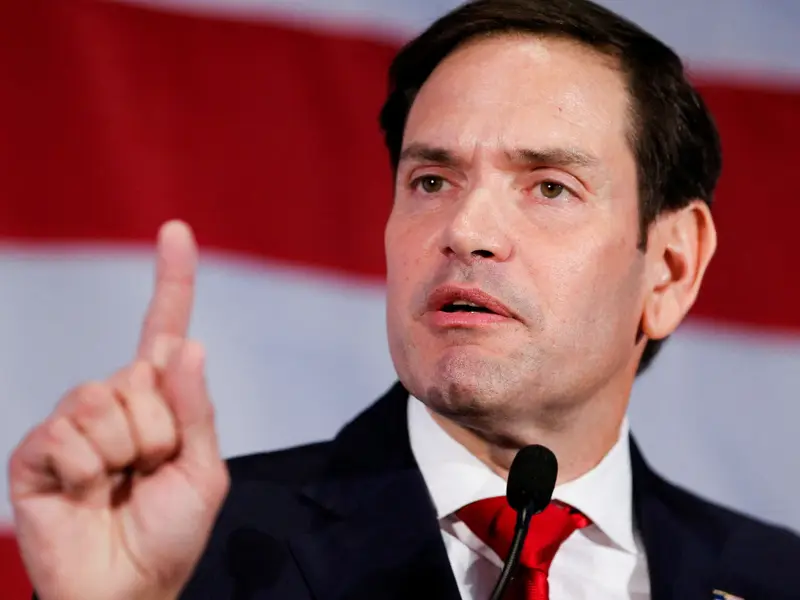U.S. Secretary of State Marco Rubio is in Israel this week for high-stakes discussions over how the country should respond to a mounting wave of expected international recognitions of a Palestinian state. According to Israeli officials, Prime Minister Benjamin Netanyahu is seeking assurances about whether President Donald Trump would back potential Israeli moves to annex parts of the occupied West Bank—an issue that could dramatically escalate regional tensions.
On Friday, the United Nations General Assembly overwhelmingly endorsed the “New York Declaration,” an initiative spearheaded by France and Saudi Arabia urging an “irreversible” process toward Palestinian statehood. The resolution passed with 142 votes in favour, 10 against (notably including the U.S. and Israel), and 12 abstentions. Several major Western states—including France, the UK and Canada—are reportedly preparing to extend formal recognition of Palestine within weeks, signalling a significant diplomatic shift.

The United Arab Emirates has quietly warned both Washington and Jerusalem that annexing West Bank territory could jeopardize its peace treaty with Israel and destabilize the broader Abraham Accords framework. U.S. officials are likewise concerned such a move could erode what they view as one of Trump’s signature diplomatic achievements in the Middle East.
Israeli officials say Netanyahu hopes Rubio’s visit will clarify just how much leeway Israel has from Washington in shaping its response to the recognition wave. Annexation of parts of the West Bank remains under active consideration but no final decision has been reached.
This episode underscores a volatile moment in Middle Eastern diplomacy, where U.S.–Israel coordination appears increasingly entangled with Trump-era political calculations. While Israel weighs annexation as a potential counter-move to recognition of Palestinian statehood, the risks—ranging from alienating Arab partners to destabilizing Trump’s legacy projects—highlight how regional peace accords may be more fragile than their architects claim.


